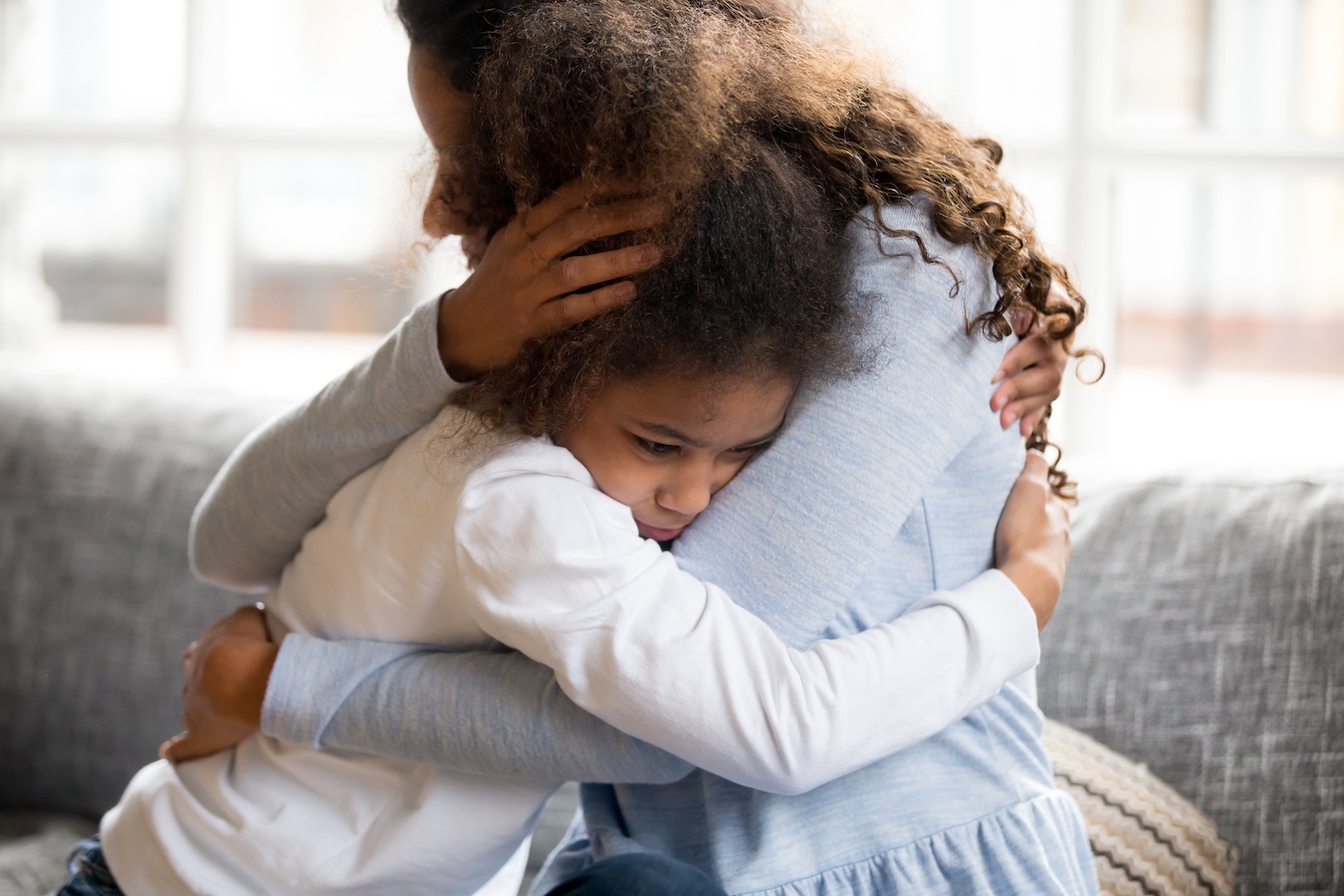DHAHRAN: Amid the constantly-evolving coronavirus (COVID-19) outbreak, children – just as much as adults – are grappling to understand what is happening around them.
Sarah Rasmi, psychologist and director of Thrive Wellbeing Centre, a Dubai-based counselling center that specializes in helping children with emotional and behavioral issues, told Arab News that parents are reaching out to learn how to deal with this new dynamic. “Parents are feeling anxious because of uncertainty in their children’s academic life and in navigating home learning,” she said. “Children are not meeting their friends, are learning remotely and are missing major milestones, like birthdays and graduation ceremonies.”
While some children might have the language and ability to name their emotion and reach out for help, many may not understand or articulate what they are going through. According to Rasmi, one of the first signs that a child might be experiencing anxiety is impaired sleep (particularly if it is in contrast to their regular sleep patterns). “For young children, look for regressive behavior like thumb sucking and clinginess. For older children and adolescents, anxiety is manifested through aggressiveness, agitation and poor concentration,” she says.

While some children might have the language and ability to name their emotion and reach out for help, many may not understand or articulate what they are going through. (Shutterstock)
Vassiliki Simoglou, a counselling psychologist at the center explains that frequent meltdowns and tantrums are another signal in younger children, while older children might withdraw and isolate themselves.
“The quality of communication with our children is of paramount importance in helping them and us navigate through these difficult times,” Simoglou said. She advises using age-appropriate language to have open communication on: Sharing what they have seen or heard, addressing any misinformation, and discussing preventive measures. One example might be to discuss the importance of social distancing and check in with them about their emotions.
“Embracing their emotional reactions and naming them can help our children come to terms with these changes and help us deepen our connection with them,” Simoglou explained. It is also important to practice patience, tolerance and reassurance during these conversations. “This way they can feel safe in their inner world, no matter how unsafe the external world might seem right now.”

Letting children determine the activity and its sequence gives them a voice and say in their day-to-day routine. (Shutterstock)
To create a safe and predictable environment, the psychologists also recommend having a routine at home. For example, a set of printable-cards that lists activities a family performs during the day — brushing teeth, creating art and craft, praying, etc. Letting children determine the activity and its sequence gives them a voice and say in their day-to-day routine.
The Thrive Wellbeing Centre team has created a children’s comic book that teaches children how to acknowledge the changes happening in their lives, identify anxiety, reach out to somebody and what they can do to get help. The Centrealso has several free resources and webinars — ranging from anxiety management strategies during crises to the empowerment of children in times of adversity — on their website.







0 التعليقات:
إرسال تعليق